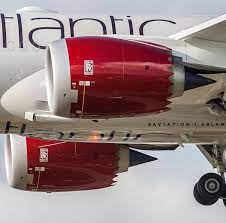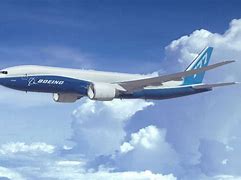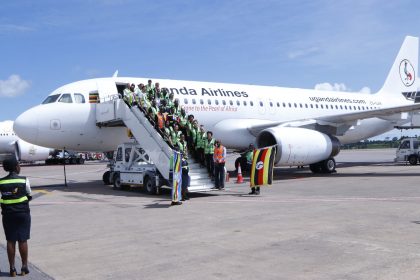Virgin and Rolls-Royce set date for 100pc transatlantic SAF flight

Virgin Atlantic and Rolls-Royce have announced November 28, as the date for the world’s transatlantic flight, feeding entirely on Sustainable Aviation Fuel-SAF. This follows the conclusion of ground tests on the Rolls-Royce Trent 1000 engine, using a blend of SAF. Although United Airlines last December operated a flight with one engine running 100pc on SAF, the November flight that will depart from London to New York on Boeing 787, will be the world’s first, in which both engines will run on 100pc SAF.
Aviation fuel suppliers Air bp and Virent have teamed up to provide the 60 tons of SA that will be used in the test flight. The SAF will be produced through the Hydroprocessed Esters and Fatty Acids (HEFA) pathway as well as synthetic aromatic kerosene (SAK) SAF at an 88pc and 12pc blend ratio.
“We are incredibly proud that our Trent 1000 engines will power the first ever flight using 100% Sustainable Aviation Fuel across the Atlantic. Confirming that we have successfully completed the ground test of the Trent 1000 engine today, using the chosen 100% SAF blend, gives us increased confidence for the engine’s performance and operation ahead of the flight this November. The flight will represent an incredible milestone for the entire aviation industry in its journey towards net zero carbon emissions,” said Rob Watson, President – Civil Aerospace at Rolls-Royce.
Consortium leader Virgin Atlantic which has been actively involved in SAF research over the past decade and half says the flight will show that through radical collaboration, the industry can deliver 100pc SAF in today’s engine, airframes and fuel infrastructure for long haul flight.
“The 100pc Sustainable Aviation Fuel transatlantic flight will be a historic moment in aviation’s roadmap to decarbonisation. Alongside fleet transformation, SAF is the most readily available way for our industry to decarbonise, but currently there’s not enough supply and without it and the radical collaboration required to produce it, we can’t meet our 2030 targets. We need UK government support to create a UK SAF industry to allow for every single flight out of the UK to operate with 100pc SAF,” Virgin Atlantic ceo Shai Weiss said.
SAF typically delivers CO2 life cycle emissions savings of more than 70pc whilst performing like traditional jet fuel. SAF has a fundamental role to play in aviation’s decarbonisation and pathway to Net Zero 2050. Today, SAF represents less than 0.1pc of jet fuel volumes and fuel standards allow for just a 50pc SAF blend in commercial jet engines. The one-off Virgin Atlantic flight in November will demonstrate the potential of SAF as a 100pc drop-in replacement for fossil fuel today.

 Brussels Airlines to announce Nairobi service
Brussels Airlines to announce Nairobi service
 SITA promises enhanced travel experience after Materna acquisition
SITA promises enhanced travel experience after Materna acquisition
 Saudia’s 105 aircraft order stretches A320neo lead over rival Max
Saudia’s 105 aircraft order stretches A320neo lead over rival Max
 Boeing refuses to pay hackers $200 million for stolen Data
Boeing refuses to pay hackers $200 million for stolen Data
 Uganda-Tanzania announce date for second joint business forum
Uganda-Tanzania announce date for second joint business forum
 Uganda Airlines leased A320 arrives in Entebbe
Uganda Airlines leased A320 arrives in Entebbe
